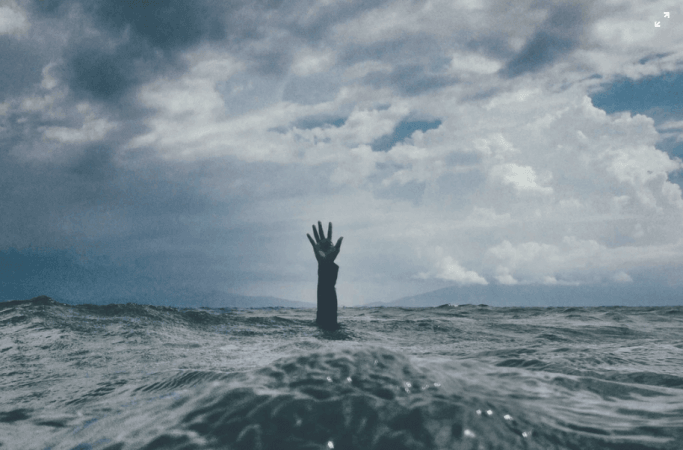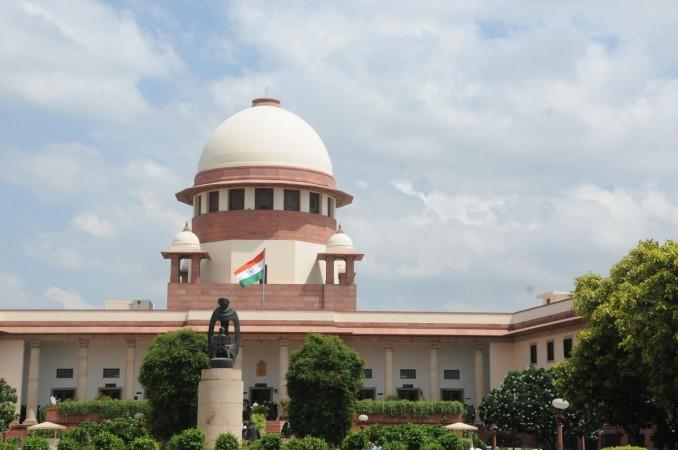
Attempts to suicide have been one of the more controversial acts and steps a human being can take in our society. The matter of taking one's life has been shunned and turned into a debate about whether or not it's a crime.
In India, for the longest time suicide as an issue itself has been treated as a crime, a punishable offence. However, this has turned into a debate once again.
The Supreme Court on Friday asked the government for a response on why the contradiction between Section 309 of the IPC and Section 115 of the Mental Healthcare Act. This was brought up at the hearing of a case against attempts to suicide by people throwing themselves into animal enclosures at zoos.
Decriminalization of suicide
In 2017, the Mental Healthcare Act of 2017, was a moment of reckoning in Indian law, as it decriminalised attempts to suicide. Under Section 115 of the act, all individuals who attempted suicide would be given an opportunity for rehabilitation instead of trying them and punishing them.
Section 115 of the MHA, 2019:
Notwithstanding anything contained in section 309 of the Indian Penal Code any person who attempts to commit suicide shall be presumed, unless proved otherwise, to have severe stress and shall not be tried and punished under the said Code."
This was a first for Indian policy on mental health, which had until then treated victims of suicide as criminals. Moreover, Section 309 of the Indian Penal Code states:
Whoever attempts to commit suicide and does any act towards the commission of such offence, shall he punished with simple imprisonment for a term which may extend to one year [or with fine, or with both]"- Section 309, IPC
The murky nature of the law on suicide attempts and how to treat individuals who've attempted the act in court stems from the debate on 'why' one would attempt to do so. That's where the people differ in their opinion on suicide attempts. It has also led to debilitating heights of stigma against the victims and those who've taken drastic steps.
The reasons for an individual's attempt to take their lives vary and sometimes aren't well understood by society. Thus, making it hard to judge whether the individual was right or wrong in the choices they made. Much of it has been about seeing the person as either the 'victim' or the 'offender', in a strange binary.
The debate on ethics of life and death and one's right to death as much as his right to live, has been a world-wide discussion not unique to Indian society. This has led to slow and poignant changes to law and policy the world over.
Supreme Court calls out the contradiction in Indian law
On Friday the Supreme Court had approached the Central government, questioning the basis of Section 115 of the Mental Healthcare Act, 2017 which decriminalises attempt to suicide. The bench comprising CJI SA Bobde, and justices AS Bopanna and V Ramasubramanian had pointed out that the Section of the MHA, 2017 contradicted Section 309 of the IPC.

The bench was hearing a PIL filed by an animal rights NGO which sought a solution and measures that would curb people from attempting to suicide by jumping into animal enclosures at the zoo.
CJI Bobde said during the hearing, "It is not always that a person who is committing suicide is under extreme stress or is of unsound mind. Some priests and monks have killed themselves in protest and they were found to be in complete calmness of mind."
Following the hearing, the bench has sought a response from the union government on why Section 115 of the MHA 2017 shouldn't be deemed unconstitutional.
It is yet to be seen if the MHA 2017, will withstand this debate. The public has wondered if this questioning of the act is fair on SC's part. Only further debate and the centre's reasoning might be able to tell.









!['Had denied Housefull franchise as they wanted me to wear a bikini': Tia Bajpai on turning down bold scripts [Exclusive]](https://data1.ibtimes.co.in/en/full/806605/had-denied-housefull-franchise-they-wanted-me-wear-bikini-tia-bajpai-turning-down-bold.png?w=220&h=138)



